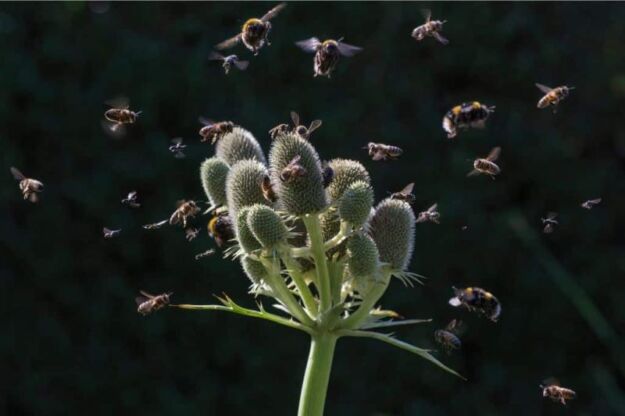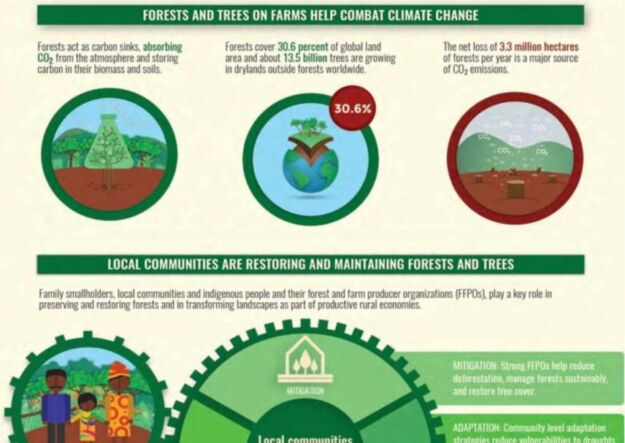DELAWARE– Delaware environmental officials are asking those in the first state to be on the look out for spongy moth egg masses this spring.
The Delaware Forest Service says if spongy moth caterpillars or defoliation have been spotted during the growing season, June through August, residents should consider going out on a dry day until late April to look for egg masses on trunks. Any egg masses found should be scraped into soapy water. Fresh egg masses are yellow-brown, intact, and firm to the touch.
Spongy moths were previously known as gypsy moths.
In the spring and early summer, spongy moth caterpillars feed on the leaves of many different tree species, especially oaks. Healthy trees often do not die from one year of defoliation; however, severe defoliation for two continuous years or more is more of a concern for the tree’s health. Evergreen trees are rarely defoliated.
The most common option for deciduous forests of about 20 acres or larger is to aerially spray the young larvae, usually in May, when the leaves of the oak trees have elongated at least an inch, and the larvae are in the first and second stages of growth, according to the forest service.
If you have a block of forest that is under threat from heavy spongy moth defoliation, you may choose to do an aerial application from a licensed applicator. Healthy caterpillars from unsprayed adjacent woodlands will drift into smaller areas and cause almost the same amount of damage as if not sprayed. Typically, the decision to aerially spray must be made by January, due to the need to contract a spray job with the small number of licensed applicators in Delaware. Forest landowners who suspect they may have enough egg masses per acre to warrant a privately contracted spray may call the Forest Health Specialist at (302) 698-4553 for technical assistance and a list of aerial applicators. Currently, the Delaware Department of Agriculture does not have an organized spray program with financial assistance.
Control methods can be found by an internet search of “Control of Spongy Moth;” however, not all websites have the same level of professional review before they are published. The Delaware Forest Service strongly recommends using a website created by a University Extension system, or a federal or state government entity.
? Read More Ecology, Environment, Nature
Jana Ruark




Leave a Reply